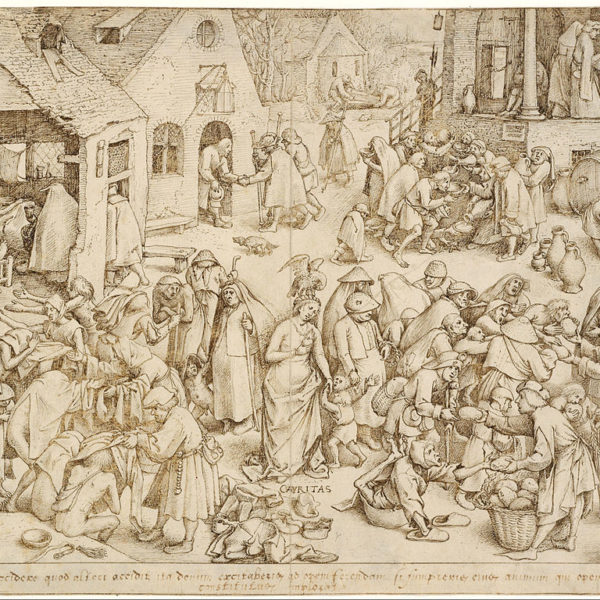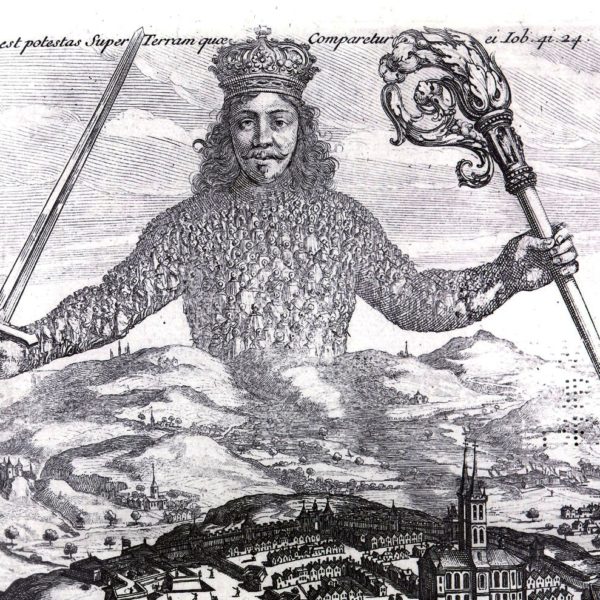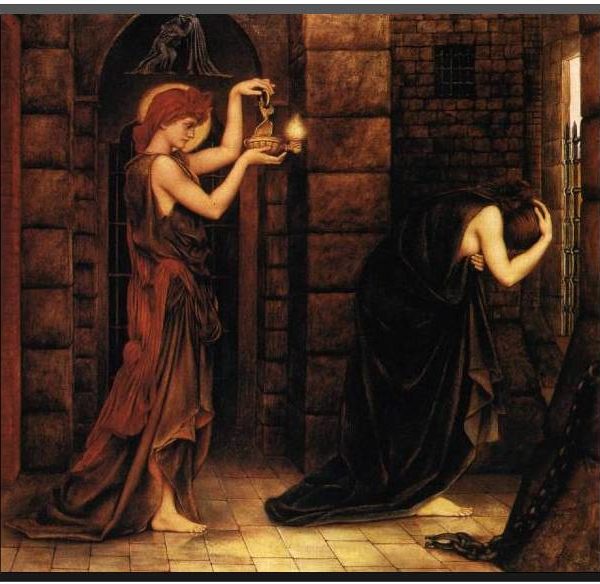
‘Under New Management’: The perfect way to describe people who are led by the Good Shepherd, rather than by the false shepherds of this age..

God brings his judgment in and as the light, providing us with a pattern for human justice.

Psalm 8’s presentation of human dominion and politics as a creation of God has significant ramifications for our posture towards the various forms of human rule and authority. The juxtaposition of divinely appointed power and human weakness humbles arrogant ambition, encouraging a spirit of meekness and modest service in our politics.

Psalm 14:1, though popularly employed to dismiss non-theists as foolish, is principally targeted against practical atheism, against those who believe that justice is without force in the universe and that all that matters is power.

The psalmist calls us to the fear of the Lord, offering us the secret to its pursuit. Straightforward though it may be, the psalm’s challenge to avoid evil-speaking, deceit, and to depart from wickedness and pursue peace would have seismic effects for our political landscape were we to commit ourselves to it.

The biblical images of God as divine king are often handled with embarrassment in a more egalitarian age. However, although it may appear little more than accommodation to ancient despotic assumptions, throughout the Scriptures the kingship of God is presented as a great force for liberation against all human tyrants.





